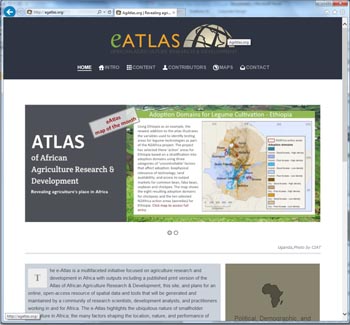A national planning workshop for the N2Africa project in Uganda was conducted from 27th to 30th January 2015 at Kabira Country Club in Kampala. The purpose of the workshop was twofold; to build a common understanding of the vision of the N2Africa project and the logic underpinning of the project action, and to develop a national work plan for the second year.

